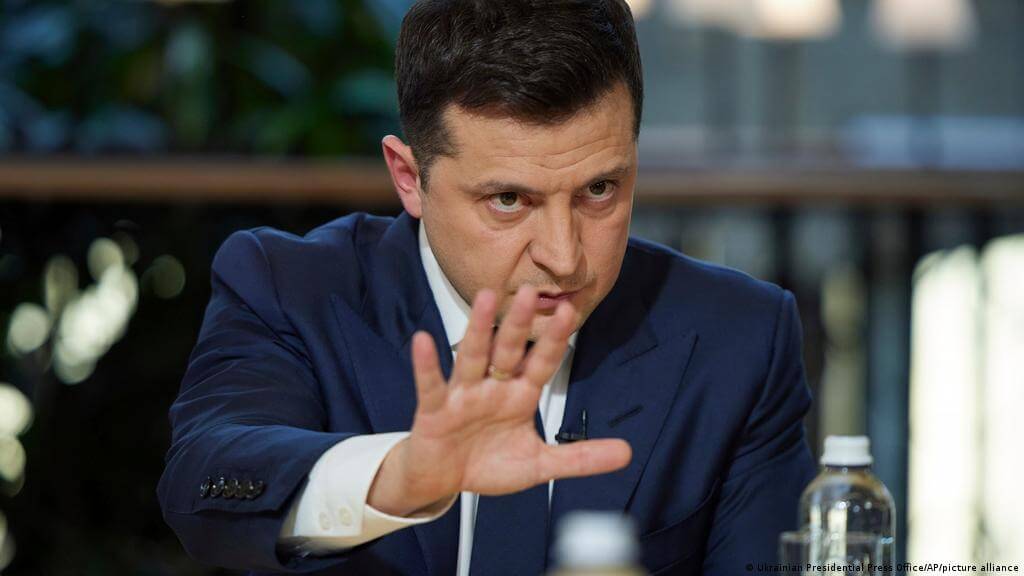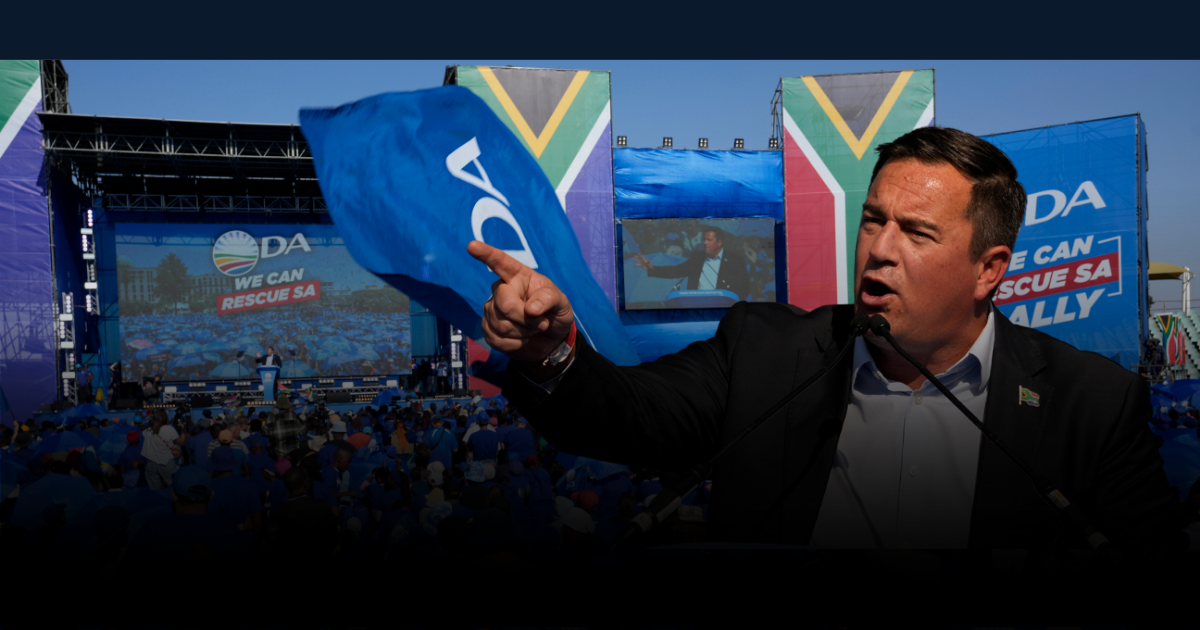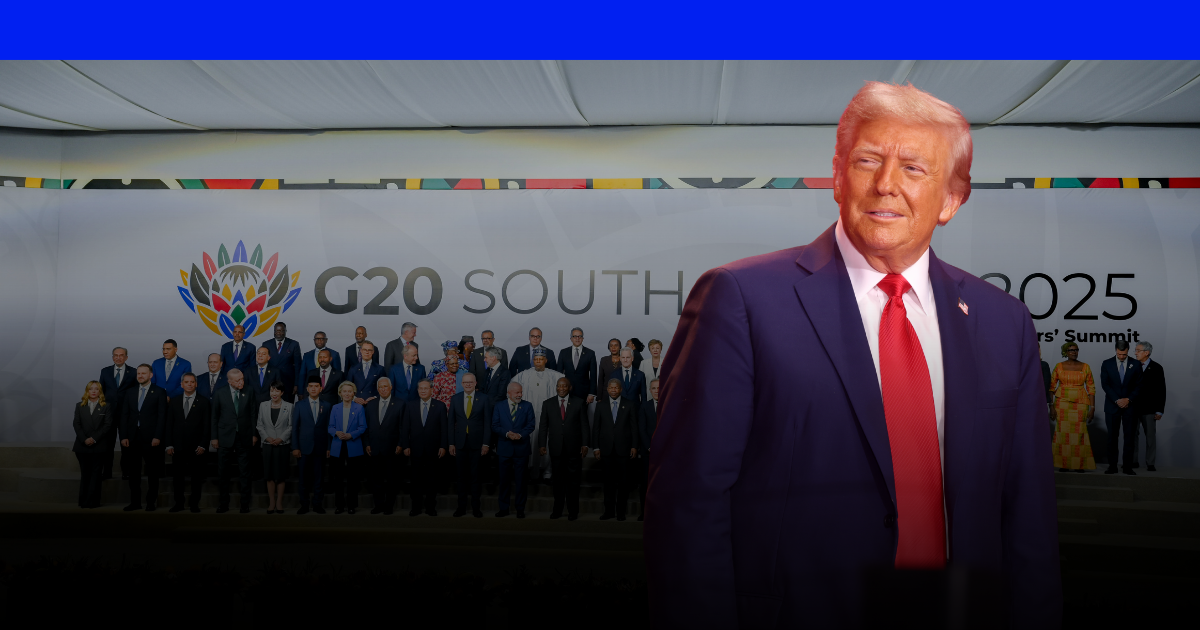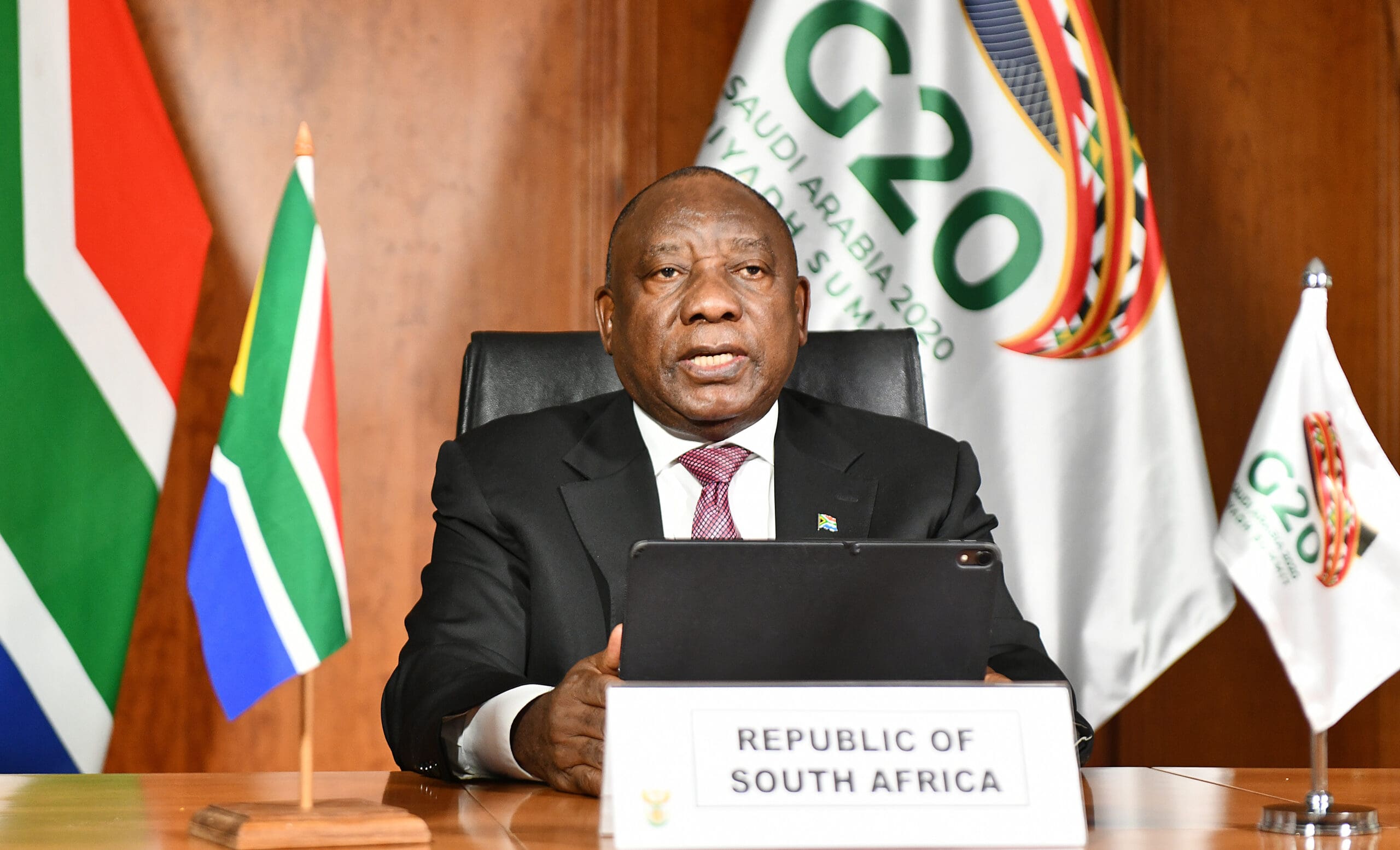War has many ugly faces. In Ukraine, which was invaded by Russia late last month, one of the ugliest is racism. Disturbing reports poured out in the early days of the invasion as African and Asian nationals, alongside native (and mostly white) Ukrainians, fled the country. Some were called monkeys and pushed off trains; others reported being turned back at the border and pulled out of buses in favour of white people. Comments made in Britain’s parliament by Vadym Prystaiko, Ukraine’s ambassador to the UK, enraged many. As a report on Yahoo! News smartly put it: “Prystaiko appears to believe more racism is the solution to alleged racism faced by Black people fleeing his war-torn nation.” This, after he told British MPs that “problems arise when young foreigners are prioritised over women and children of Ukrainian citizenship who are trying to get on the same trains”. He added that perhaps it would be better to “put all the foreigners in some other place so they won’t be visible”. 😳
Many African and Asian university students who fled Ukraine weren’t surprised by these comments, telling ITV News that pets received better treatment than them. “Some people have pets as their, you know, emotional support. That is perfectly understandable but give all of us a fair chance,” one student said.
Both the African Union and the United Nations have issued statements acknowledging and condemning racism at Ukraine’s borders. It’s heartbreaking and infuriating to see that, amid scenes of incredible humanity and camaraderie emerging from Ukraine as residents pull together to survive the invasion, racism still rears its ugly head. We’re all foreigners somewhere: it’s time to treat even those who don’t share our citizenship with kindness, compassion and dignity.
Meanwhile, the Daily Maverick reports that nearly all 50 South African students who were in Ukraine’s capital Kyiv are back home. Added to the trauma of fleeing the war and dealing with racism, students aren’t sure how to complete their degrees. This week they met with several local universities and pleaded for help to continue their studies here at home. The universities, represented by former UCT Vice-Chancellor, Mamphela Ramphele, told them this would be very difficult.
This article appeared as part of The Wrap, 17 March 2022. Sign up to receive our weekly updates.



